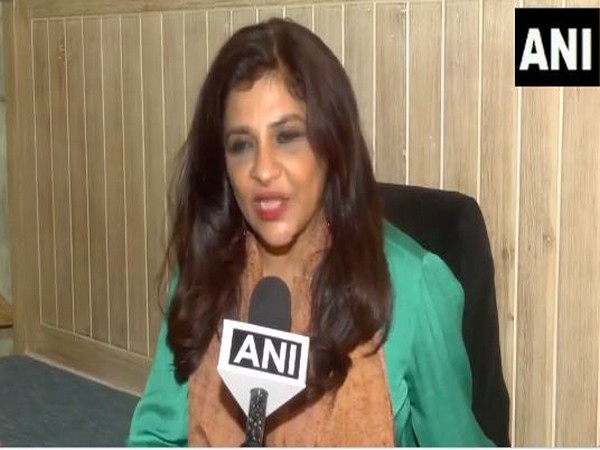Supreme Court's Historic Ruling: Muslim Women Entitled to Maintenance Under Section 125 CrPC
Supreme Court's ruling allows Muslim women to claim maintenance under Section 125 of the CrPC. BJP leader Shazia Ilmi calls it a historic decision. The court clarifies that secular laws override personal laws, ensuring financial support for Muslim women post-divorce. Advocates highlight the decision's significance for women's empowerment.

- Country:
- India
Reacting to the Supreme Court's landmark decision enabling Muslim women to claim maintenance from their husbands under Section 125 of the CrPC, BJP leader Shazia Ilmi hailed it as a historic ruling and a significant relief for all Muslim women.
Ilmi said, 'This is a historic decision and a relief for all Muslim women. Under this decision, any divorced Muslim woman can demand a maintenance allowance under Section 125 of CrPC. It will be mandatory to fulfill that demand. The Supreme Court also stated that this is not a donation but a right, allowing a divorced woman to approach the court for maintenance. I believe this is the result of the prayers of many Muslim women.'
Ilmi further noted that a similar verdict was given in 1985, but it was overturned by the Rajiv Gandhi government after pressure from the All India Muslim Law Board. She added, 'The SC has upheld the criminalization of triple talaq and stated that a divorced Muslim woman can demand maintenance and also take support from the 2019 Protection of Rights on Marriage Act for additional protection.'
Supreme Court Advocate Manisha Chava explained, 'When the petition was filed, the Supreme Court decided that the remedy sought in personal laws should follow personal, not secular, laws. But the Supreme Court ruled that personal laws cannot supersede secular laws. There are provisions in Sections 3 and 4 of The Muslim Women (Protection of Rights on Divorce) Act 1986, but they do not invalidate the CrPC. This decision addresses the financial distress faced by women and must not be seen as charity.'
Senior Advocate S Wasim A Qadri, representing the husband, stated, 'The issue before the Supreme Court was whether a divorced woman could file an application under Section 125 CrPC or under Section 3 of the Special Act. The Supreme Court extended beyond this, affirming that if a housewife with no income can maintain a joint account, this judgment empowers women across all religions.'
The Supreme Court ruled that Section 125 CrPC applies to all married women, including Muslim women, who can claim maintenance from their husbands. The court highlighted the critical role and sacrifices of homemakers, urging men to recognize their contributions by providing financial support, including joint accounts and ATMs. The bench of justices BV Nagarathna and Augustine George Masih reiterated that a divorced Muslim woman has the right to maintenance under Section 125 of the CrPC.
'Section 125 of the CrPC applies to all married women, including Muslim married women. Section 125 of the CrPC applies to all non-Muslim divorced women,' the court stated.
(With inputs from agencies.)










